Pea and canola sector stress urgent action needed to resolve China trade dispute as harvest approaches
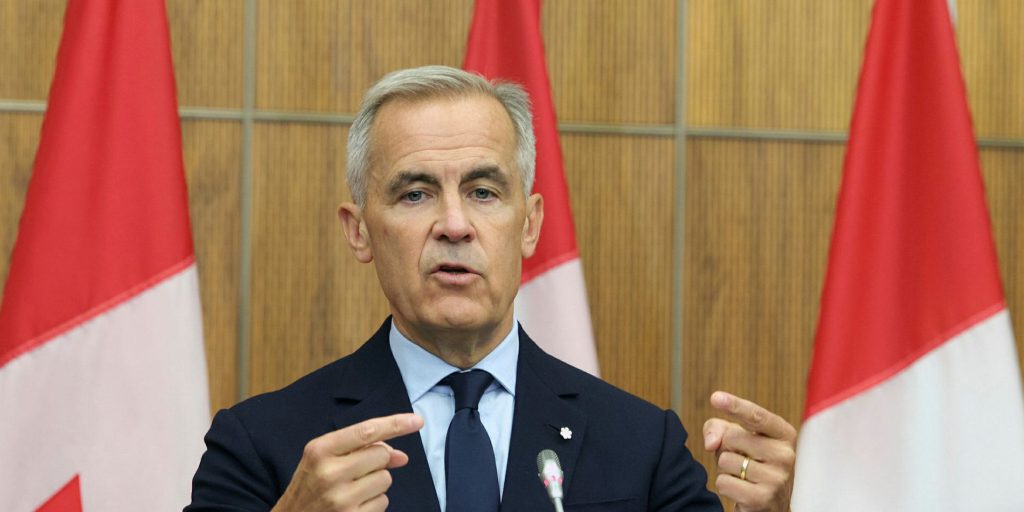
‘Time is of the essence, and we can’t stress that enough,’ says Pulse Canada president Greg Cherewyk.
Economic lobbying in July rises to meet demand for nation-building projects, interprovincial trade
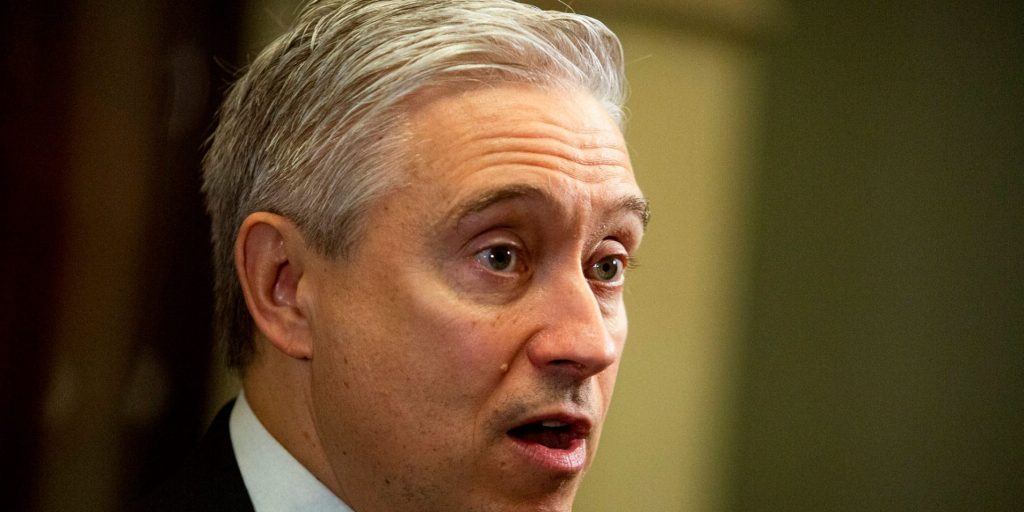
Critical mineral mining needs to be more competitive with the likes of Russia, China and Indonesia, says Jeff Gaulin, a global vice-president for Vale Base Metals.
Steel, auto sectors seek relief after latest ‘crushing’ tariff hike
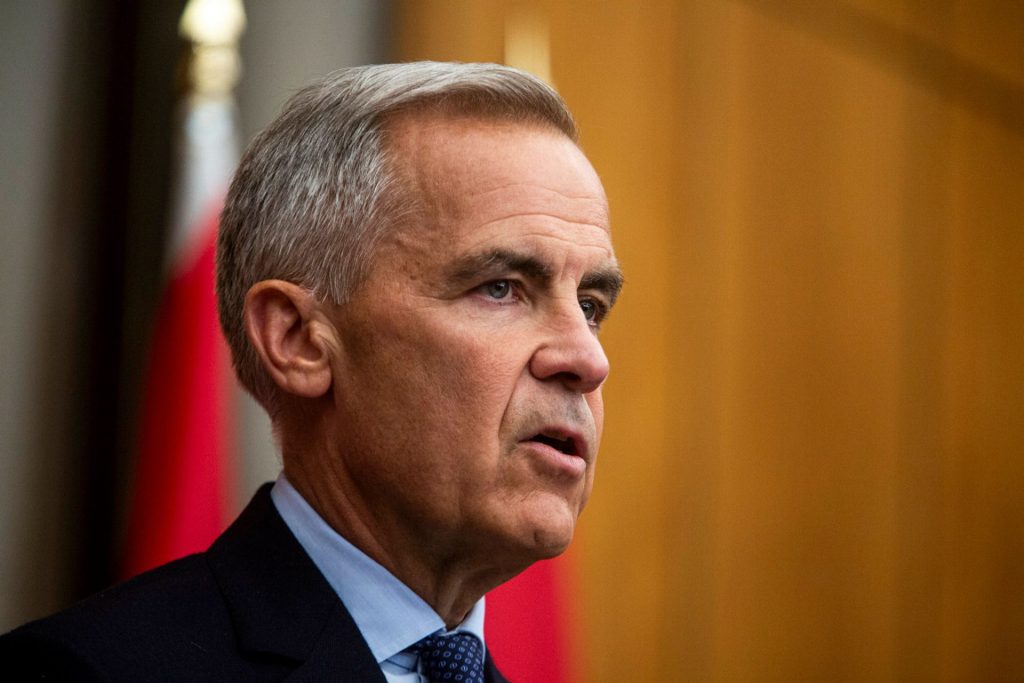
The White House’s expansion of derivative steel and aluminum products subject to a 50-per-cent duty rate is another signal that the U.S. ‘has turned its back on a North American approach,’ says Canadian Steel Producers Association CEO Catherine Cobden.
Time to revive Team Canada trade missions
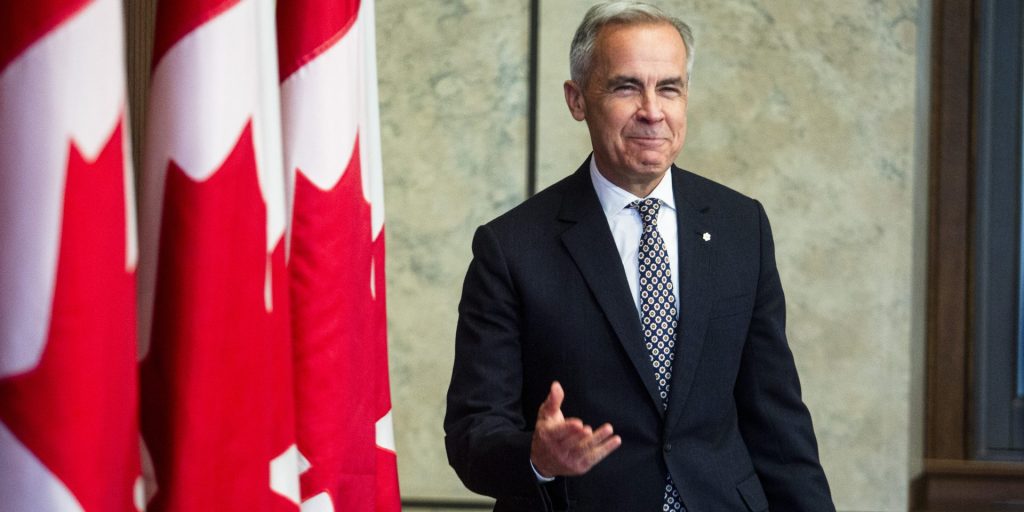
The TCM model of connecting with other countries is perfectly made for turbulent times so I personally hope that Mark Carney buys in. If he does, then I would encourage him to speak with Jean Chrétien, so that he can hear directly from the original TCM captain.
Spend, baby, spend: lessons learned from Trump can be used to build a new and prosperous Canada
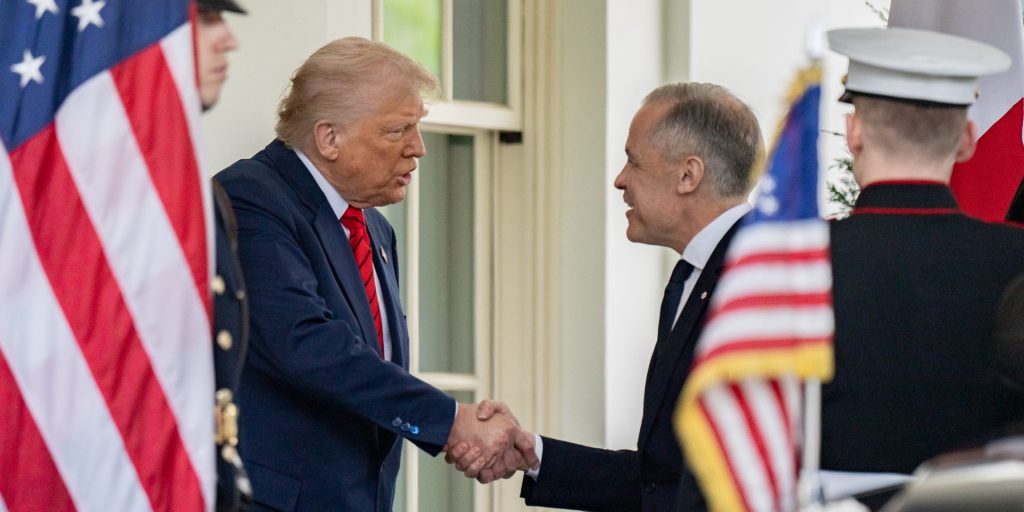
The U.S. president might be viewed as negligent by his constituents if he puts the interests of importers and foreign exporters ahead of the American public.
‘The honeymoon period will be over’: politicos expect high bar for Carney’s first budget, and omnibus-bill headaches
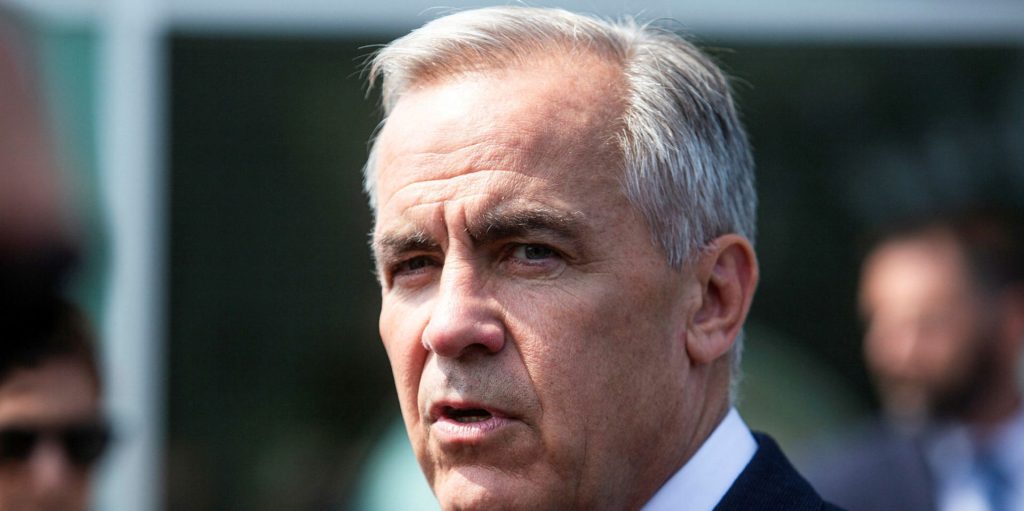
The prime minister faces the task of balancing the government’s operating budget, while also spending more in key areas such as national defence and infrastructure projects, says David McLaughlin.
Tariff export quotas could spare Canada pain from U.S. and serve as negotiating tactic with Trump, says Hampson
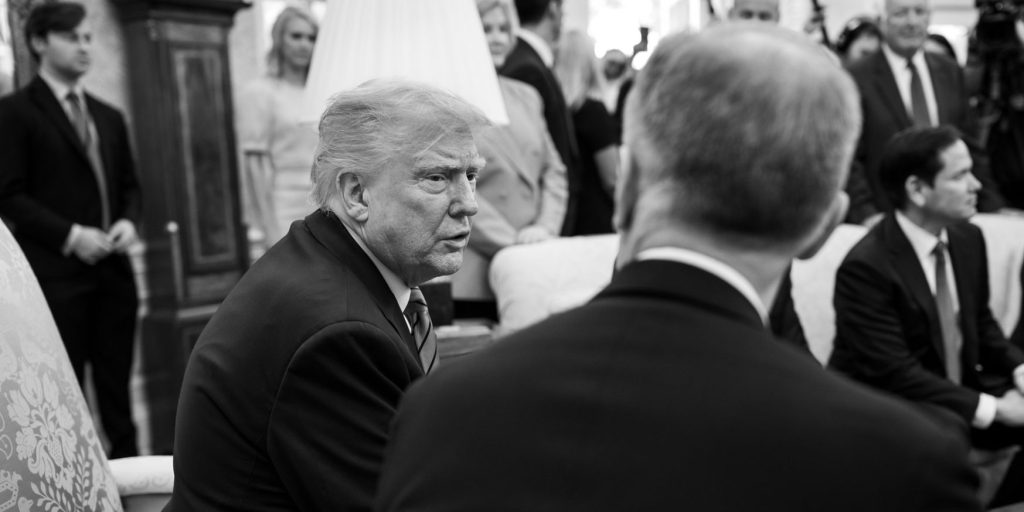
Fen Hampson says Canadian negotiators should consider redirecting talks towards tariff rate quota-based trade, but others say Donald Trump likely has little interest in applying them in a trade deal.
U.S. a ‘wildcard’ in Canada-Mexico trade talks, but Canada has advantages in domestic energy and advanced manufacturing, say experts
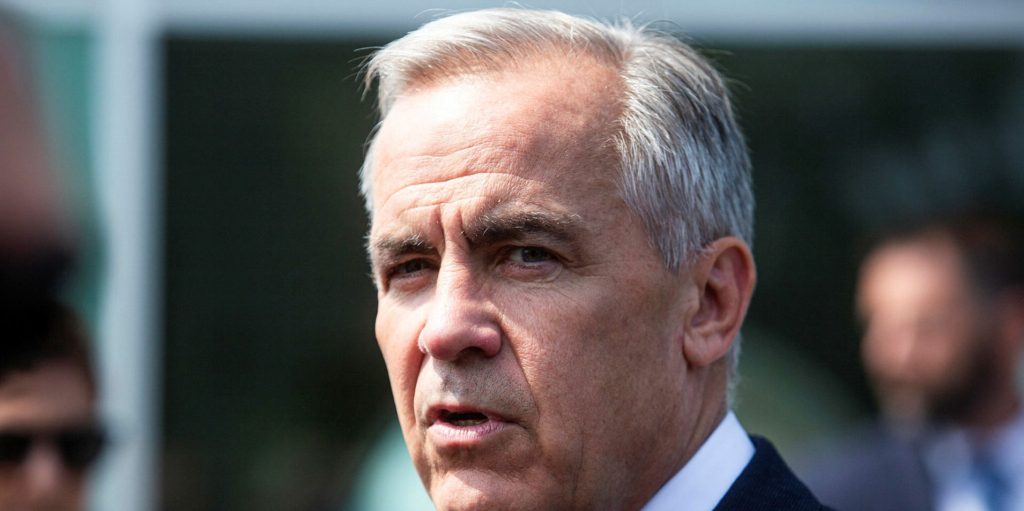
Canada and Mexico know that over-reliance on the U.S. market leaves them vulnerable to political swings from the White House ‘especially under Trump’s more aggressive trade stance,’ says Western University’s Andreas Schotter.
Billions spent, little delivered: we need results-based budgeting
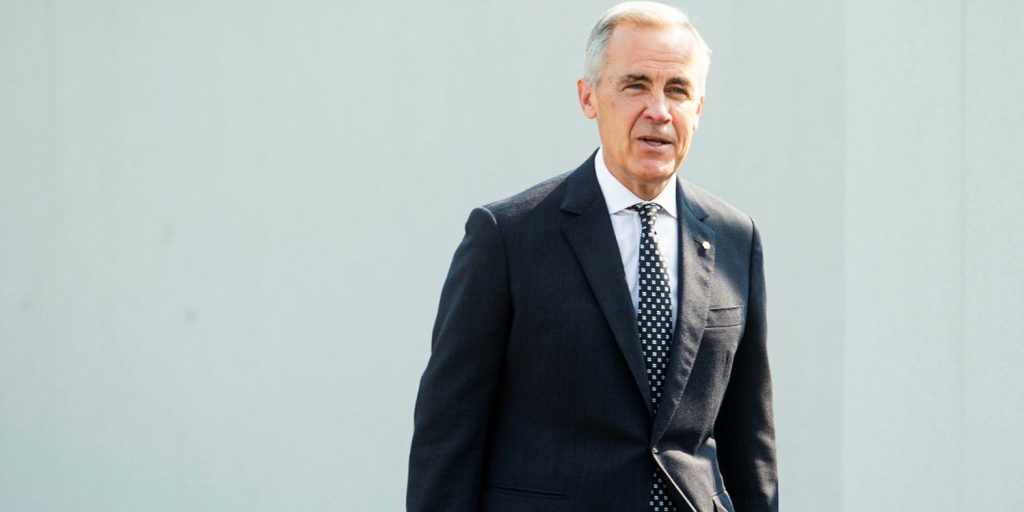
Rather than chasing headlines or diplomatic distractions, we should focus on delivering value—exporting food, medicine, energy, and innovation to the world’s fastest-growing markets: China, India, and ASEAN. The demand is there.
Carney government has two duties to younger Canadians, and one is to offer real hope
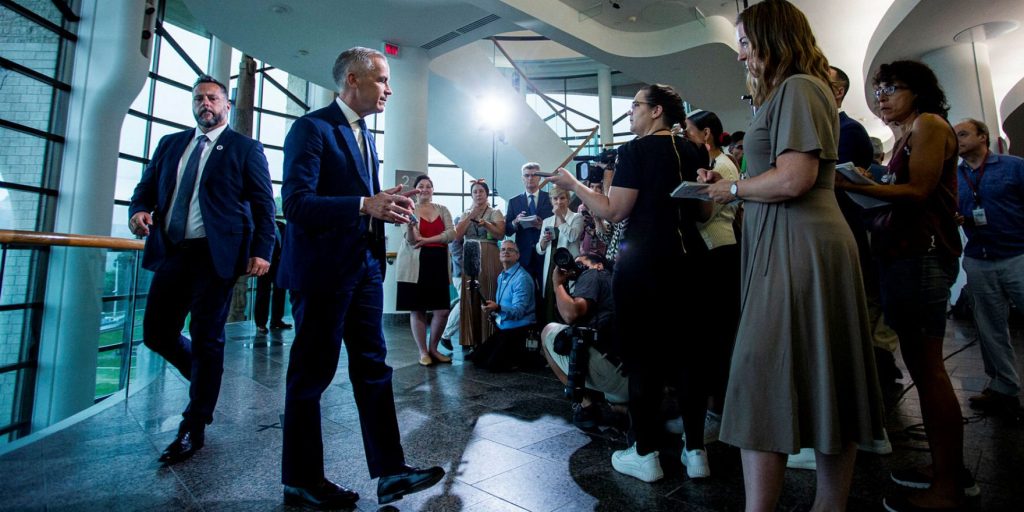
First, it must closely monitor employment and housing trends for younger Canadians as it sets economic policy, and second, it must show that the system works for them, too, and they can have their own Canadian Dream.

